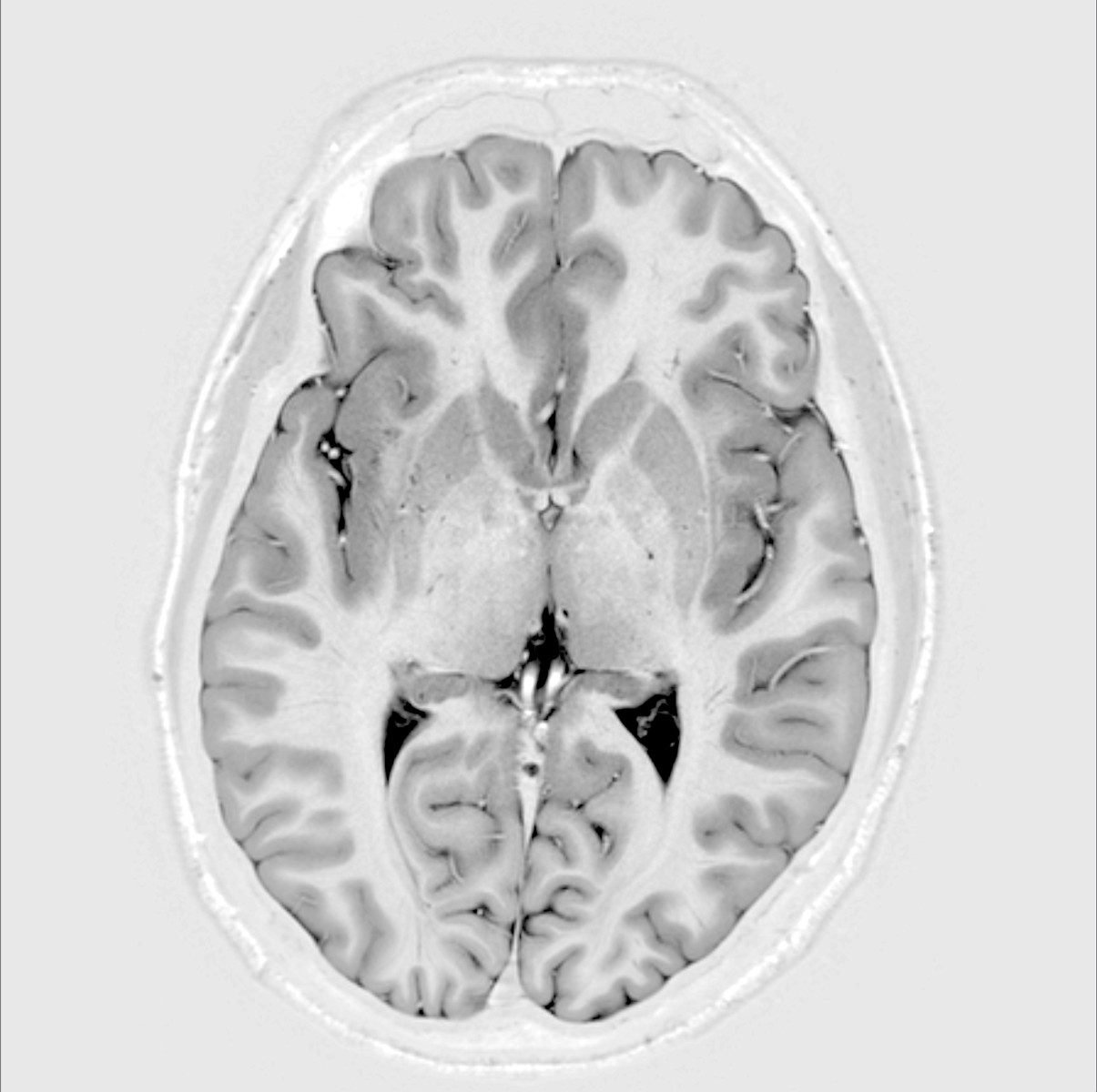An international team of scientists are to set to use thousands of MRI brain scans from research teams around the world in a bid to study Neurofibromatosis Type 1 (NF1), a lifelong neurological condition.
Led by researchers at The University of Manchester and Manchester University NHS Foundation Trust (MFT), alongside researchers in Australia and United States, the study will enable researchers to track changes in brain structure over time in children and young people with NF1.
The research is funded by a £2.2 million award from the US Department of Defence and is the largest investigation into brain development in NF1 to date. Using advanced machine-learning techniques, the team will analyse the brain structure of over 10,000 MRI scans, comparing them to healthy individuals of the same age.
By doing that, they will shine a light on how specific genetic changes affect the brain and how alterations in brain structure may predict learning difficulties outcomes.
The Children’s Hospital of Philadelphia, the Murdoch Research Institute in Melbourne and the Complex NF1 Service hosted by the Manchester Centre for Genomic Medicine at Saint Mary’s Hospital, part of MFT, which is a world leading centre for clinical care and research in NF1, have all signed up to the project.
NF1 affects approximately 1 in 2,500 children. Although the severity of the condition varies from person to person, about half of all children affected by the condition may have difficulties with learning, autism or ADHD.
Dr Shruti Garg, Senior Lecturer at The University of Manchester and National Institute for Health and Care Research (NIHR) Manchester Biomedical Research Centre (BRC) Mental Health Theme Capacity Development Lead, is leading the international research.
Dr Garg, who is also Honorary Consultant Child and Adolescent Psychiatrist at the Royal Manchester Children’s Hospital, part of MFT said: “Learning and behavioural difficulties in NF1 can profoundly impact the quality of lives of affected children and young people. This funding provides a crucial opportunity for researchers to deepen our understanding of how changes in the NF1 gene impact brain development.
“Just like ‘growth-charts’ are widely used to monitor children’s physical growth, our research will enable us to create NF1-specific ‘brain charts’ to serve as a reference for age-related changes in brain structure.”
Dr Nils Muhlert, Senior Lecturer in Psychology and Neuroanatomy at the University of Manchester said: “This project is a powerful illustration of collaboration across the world, and we are tremendously excited about what it might achieve.”
Karen Cockburn, Charity Director of Nerve Tumours UK, said: “We fully endorse this extremely important global project, and the work of Dr Shruti Garg, who is also a member of the charity’s Medical Advisory Board. This research and its potential findings will be of huge benefit for the NF1 community.”
Dr Grace Vassallo, Consultant Paediatric Neurologist and Clinical Lead for the Complex NF1 Service at the Manchester Centre for Genomic Centre for Medicine at Saint Mary’s Hospital, said: “We are incredibly grateful for this unique opportunity to collaborate in cutting edge research into the developing NF1 Brain charts which will in future improve the clinical care for children and young people with NF1.”
